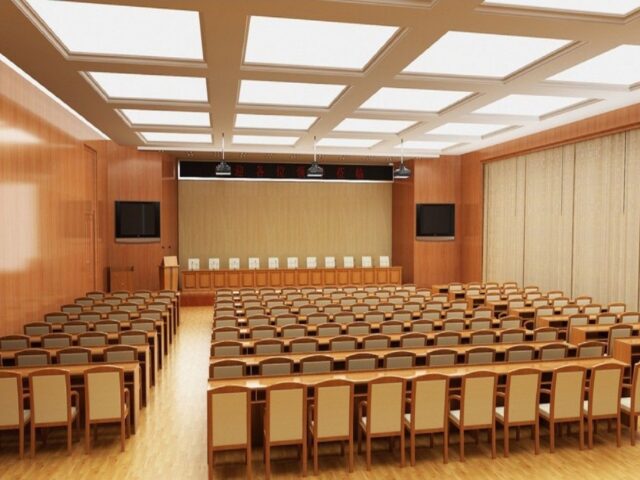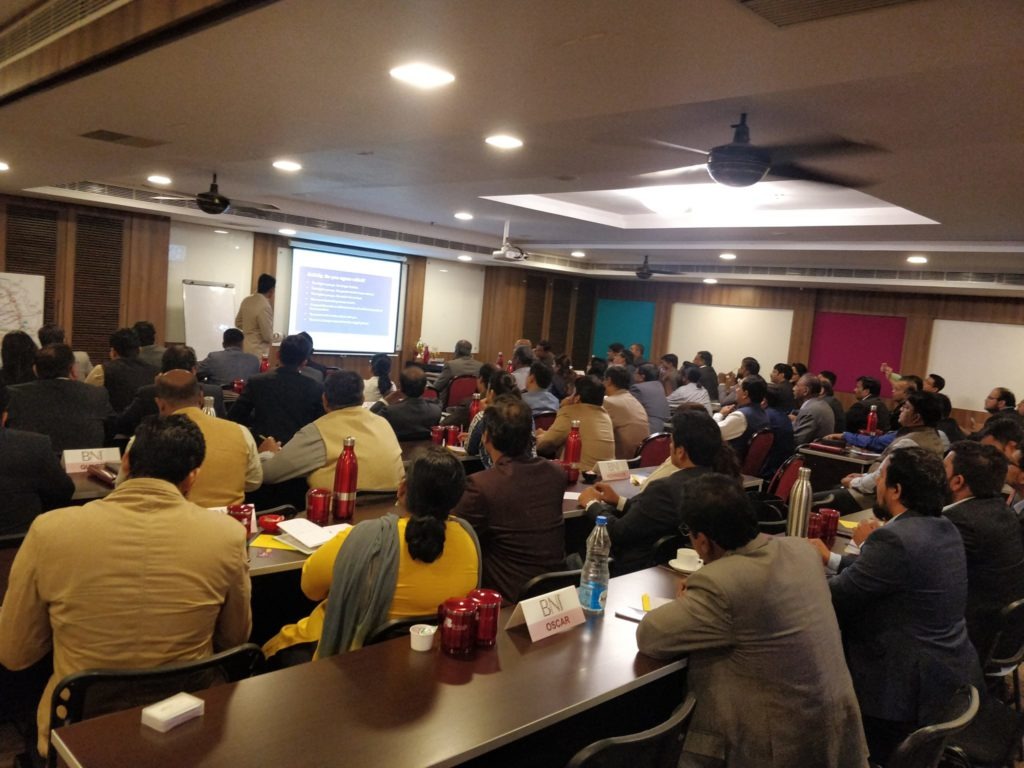
Event planning has become increasingly complex in recent years, especially as businesses, schools, and organisations host more meetings, seminars, and conferences. Coordinating dates, facilities, and equipment can be a logistical challenge. This is where a conference hall booking system proves invaluable. With an efficient system in place, event managers can save time, reduce human error, and enhance the overall experience for attendees.
What Is a Conference Hall Booking System?

A conference hall booking system is a digital platform or software that allows users to reserve meeting spaces online. These systems often include features such as real-time availability, automated confirmations, equipment requests, and payment processing.
Whether you’re managing a single venue or multiple halls across various locations, a booking system can centralise all operations, making it easier to manage resources.
Key Features That Make It Indispensable
One of the most useful aspects of a conference hall booking system is its ability to display real-time availability. This eliminates the need for back-and-forth emails or phone calls, making the process much faster.
Other features often include customisable booking forms, integration with calendars (like Google Calendar or Outlook), and reporting tools that give insight into usage trends and revenue. All of this helps to ensure a more organised and professional booking experience.
Another important feature is user access management. Larger venues may have different user roles—from administrators and facility managers to external clients—and the system should allow for tiered permissions to control access and actions. Audit trails and change logs also ensure accountability.
Benefits for Venue Managers and Event Organisers

Venue managers benefit significantly from implementing a conference hall booking system. Not only does it help maximise space utilisation, but it also minimises scheduling conflicts.
From the organiser’s perspective, it removes a lot of the friction traditionally associated with booking venues. With everything digitised and accessible from any device, bookings can be made and adjusted on the go. Additionally, automated invoicing and reminders make administration far easier to manage.
Moreover, such systems often come with analytics dashboards that provide metrics such as average booking durations, peak usage hours, most requested amenities, and customer demographics. These insights can help venue managers make informed decisions about pricing, staffing, and space optimisation.
Improved Customer Experience
Clients and guests are more likely to have a positive experience when the booking process is seamless. A well-designed booking system enhances customer satisfaction by offering convenience, clarity, and prompt service. Many systems even allow clients to view hall layouts, available facilities, and add-on services such as catering or AV equipment, all from a single interface.
In addition, automated notifications for confirmations, cancellations, or changes help ensure that everyone involved stays informed. This contributes to a more professional and reliable image for the venue, which can, in turn, encourage repeat business and word-of-mouth referrals.
Making the Switch: What to Look For

If you’re considering adopting a conference hall booking system, there are a few important things to keep in mind. Look for platforms that offer customisation options, mobile compatibility, secure payment processing, and user-friendly dashboards. It’s also worth checking if the system provides customer support and integration with your existing CRM or calendar tools.
Scalability is another critical factor. If your organisation is growing or expanding to multiple locations, your booking system should be able to handle additional venues, users, and complexities without requiring a complete overhaul.
Security should not be overlooked either. A good system will offer encrypted transactions, GDPR compliance (where applicable), and regular software updates to safeguard user data and operational integrity.
Added Value: Environmental and Cost Considerations
An often-overlooked benefit of using a digital booking system is the environmental impact. By reducing the need for printed schedules, physical logbooks, and manual documentation, the system supports eco-friendly business practices.
Furthermore, the time saved through automation translates into lower labour costs, allowing teams to focus on more strategic tasks rather than administrative burdens.
In some cases, venues can also monetise unused time slots or offer dynamic pricing based on demand—all easily managed through the booking system. This opens up opportunities for additional revenue without significantly increasing workload.
Case Example: A University Setting
Consider a university with multiple campuses and hundreds of rooms available for lectures, workshops, and guest talks. Without a centralised system, scheduling conflicts are almost inevitable.
However, with a robust conference hall booking system in place, different departments can coordinate in real time, students can check room availability for group projects, and external speakers can book facilities without needing to navigate bureaucratic red tape.
Such implementation not only boosts operational efficiency but also enhances the reputation of the institution as modern and well-organised.
Conclusion: A Smart Investment for Smarter Operations
In an era where efficiency and user experience are paramount, a conference hall booking system is more than just a convenience—it’s a necessity. By automating and centralising the booking process, such a system allows venues and organisers to focus more on delivering outstanding events and less on administrative headaches. Whether you manage a hotel, university, or co-working space, investing in the right booking system can lead to smoother operations and happier clients.
Ultimately, the return on investment comes not only in financial terms but also in improved client relationships, better team productivity, and a competitive edge in the event space market.













